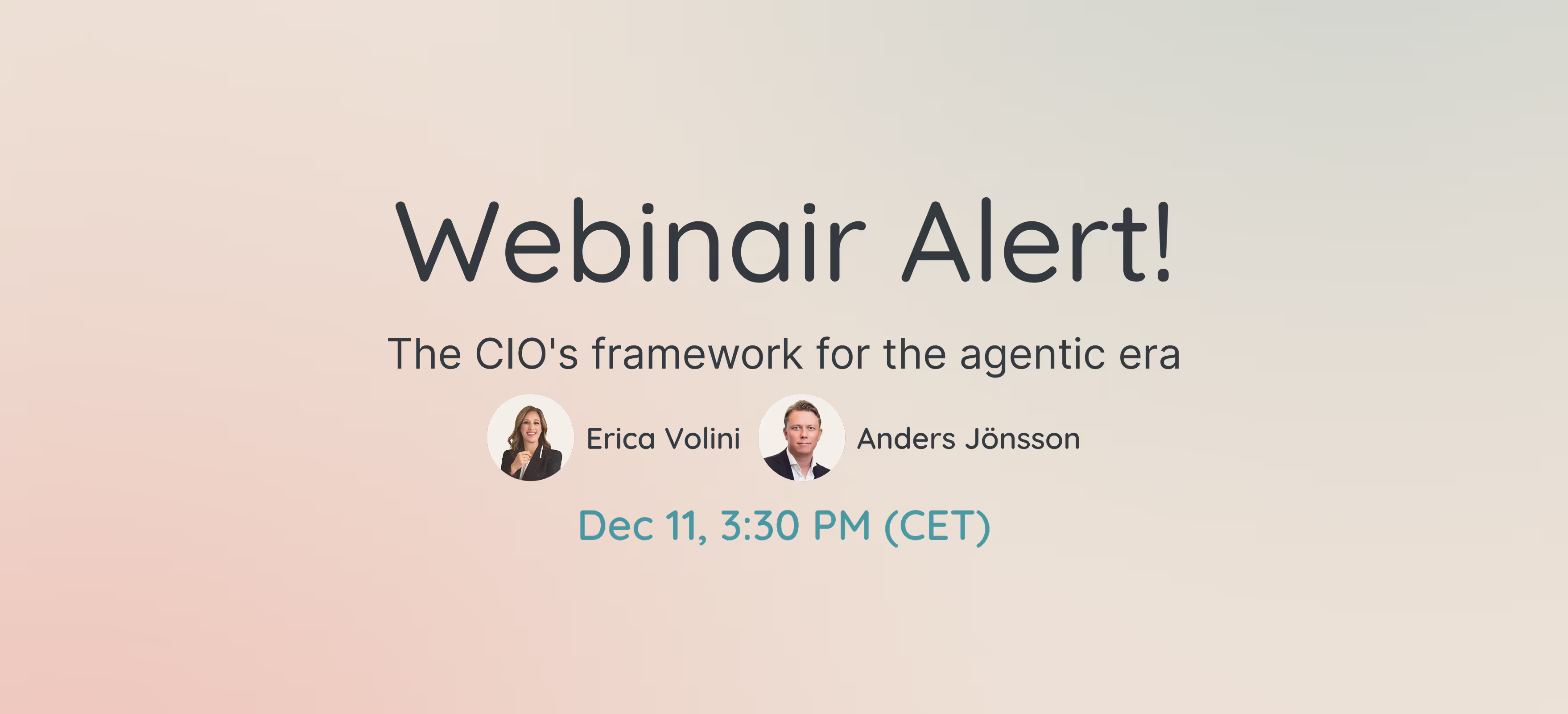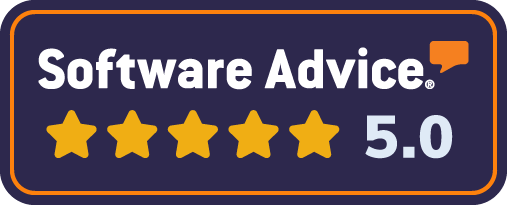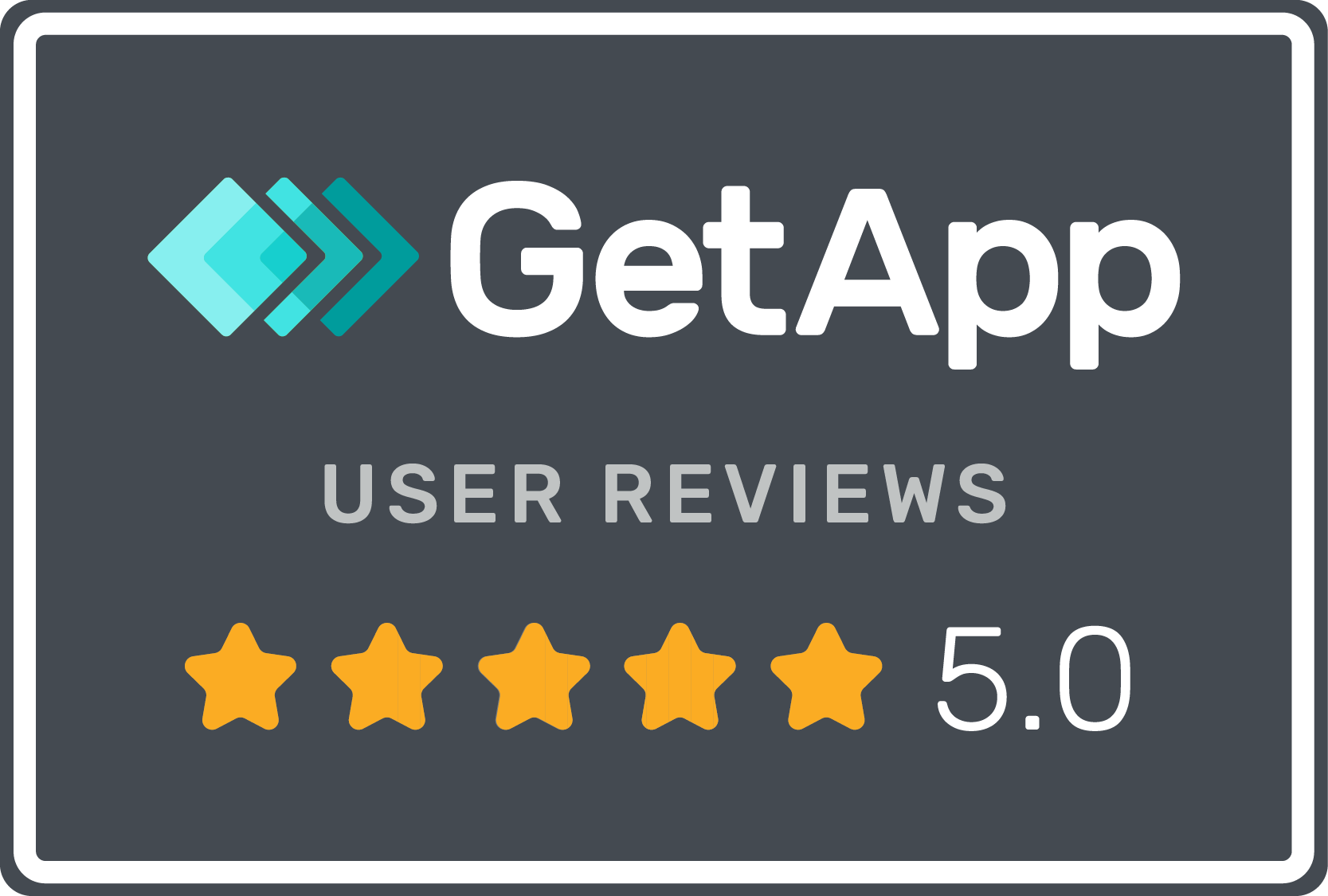Sebastian Fuchs is a legend on the Swedish Startup Scene as co-founder of SUP where he currently also is CEO. Before that he had a solid experience as founder and also leader in companies such as Stripe.
1. How many days per week do you prefer to work from home and why?
3-4 days from home per week. More focused and minimize travel times as I have kids' logistics to take into consideration too. Office is mostly for physical meetings and I expect to get less actual work done there.
2. What is a hidden treasure among apps for you — a favorite application of yours that might be unknown to many?
My own custom AI tool with different AIs that helps with productivity etc. (invite only for now 😉).
Maybe less "secret": Top 3 apps that improve my productivity and keep pace are Trello, Calendly and Slack.
3. Any tips on how to use AI in daily life or work? What is your company policy around it?
In my opinion, the easiest way to get going is getting started with ChatGPT for both biz and pleasure. Requires very little technical knowledge with some helpful GPTs.
We don't have any policies around it except highly recommended to be used. If we did have written down policies, we'd be recommending API-based GPT4 (or trusted services on top of it) where our data is not used for training their models.
4. What's your most important work tool, making you productive?
Slack, if I have to choose one.
5. What career tips would you give your younger self?
Trust your gut feeling, learn to code, try to study abroad, start more businesses, lift weights and meditate.
6. What is your view on employee choice, i.e. flexibility for employees to choose their hardware and software?
As a very small org, we really don't have any such opinions.
For technical employees it should be flexible, for non-technical we recommend mac for simplicity and knowledge transfer. From a security POV, I'd recommend 2FA for all company related software, ideally shared 1Password for sensitive accounts and access notes.
From a cost POV, Mac is considered more expensive but has become somewhat of a standard and expected in tech.
7. What is an ideal new employee onboarding experience?
Basically tight planning & communication, prepared intros and learning sessions (mission/vision/purpose/expectations - both ways), easy access to knowledge base for async learning, clear expectations of week 1, 2, 3 etc. Track employee onboarding steps, pre-scheduled 1:1s with manager (less frequent gradually).

"Voices and Choices" is a weekly interview series where we dig into how top talents, founders and leaders work and what makes them productive.









